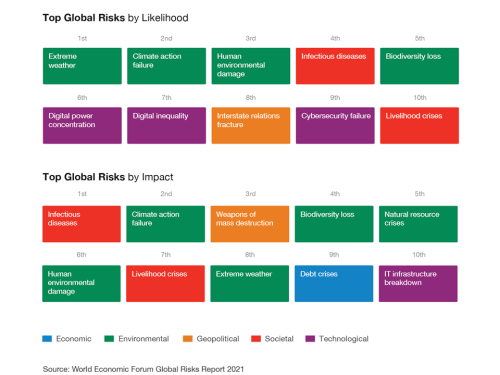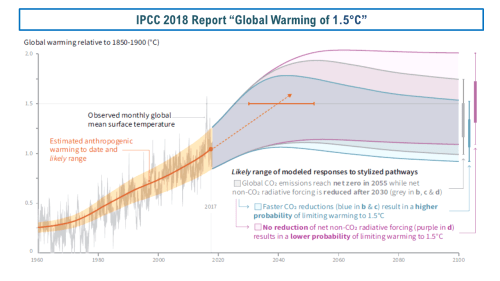I can’t fathom that my last post was in January. Where does time go? Throughout this year, I have drafted several posts, worked on models and exhibits, but never finished anything to publish. Either I got distracted, the relevance of the point passed, I read something that made the point more elegantly than me, or I simply forgot. I seem to have got out of the habit of posting, focusing on other things, which is fine but something I’d like to get back to in 2022.
Anyway, the reason for this post is that as we approach the end of the year, I wanted to share a webinar and a website that I have found particularly insightful and useful this year. As the threat from COVID seemed to be abating, prior to the new Omicron strain emerging (which itself will hopefully pass), and the fall from grace of populist tendencies (the increasing nakedness of emperors like Boris and the Brexiteers’ fantasies becoming all too apparent), attention for a brief period this year was focused on the real issue of our time – climate change. Like me, I am sure you have also attended many webinars this year on a range of topics. It is such a pleasure to dip in and out of events that previously would have required time-out travelling to be only disappointed by some blatant marketing presentation posing as an expert session on a topic of the day! Well, my webinar of the year goes to a chap called Spencer Glendon who presented at a Milliman’s climate change conference. The session below is a follow-up to the main conference, but I found Spencer particularly insightful here. I would highly recommend that you spend the hour listening to this guy.
https://players.brightcove.net/5716634434001/YaL1J8g8di_default/index.html?videoId=6274631972001
I would also recommend the non-profit website that he founded; it’s called https://probablefutures.org/. The blurb on the site is that it “offers interactive maps of future climate scenarios using widely accepted climate models, along with stories and explanations designed to help you understand our changing world.” I have found it useful in my work but also thought provoking as we all grapple with what our new shared future will be.





